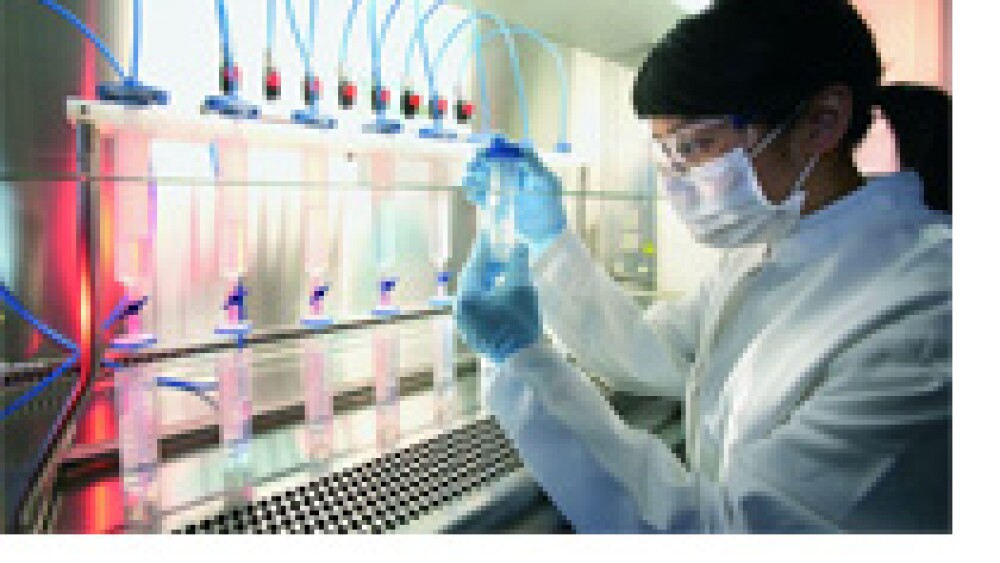December 9, 2015
By Riley McDermid, BioSpace.com Breaking News Sr. Editor
The developing world is missing out on drugs that it needs because large pharmaceutical companies are pricing them too high, making the need for affordable generics or biosimilars ever more crucial, the CEO of drug development company Naia Limited told BioSpace Friday.
H. Daniel Perez, chairman and CEO of Naia, is also a medical doctor. He told BioSpace that the world’s health epidemics are only going to be truly addressed when the cost of healthcare and treatment comes down significantly.
“There is a tremendous need for new drugs on an international level that are priced differently,” said Perez.
“Our experience has shown us that to develop drugs better, faster, more cost effectively,” he said, “we need to align the interests of various ecosystem stakeholders such as regulators, health plans, health technology assessments, and obviously patients and providers, and we need to take a regional licensing and development approach in proximity to target markets.”
Perez said that many of those opportunities could be streamlined if businesses used a model similar to Naia’s, which uses a shared infrastructure to reduce the costs of drug development and increase efficiency, while simultaneously providing flexibility. In Naia’s case, that meant taking a page from Silicon Valley’s startup playbook.
“We have a global base of operations and an advisory network of clinical and regulatory experts, contract research organizations and strategic partners that enable us to direct development to the most favorable region to establish proof-of-concept more quickly and efficiently,” he said. “We also emulate a technology-like model of innovation with a more direct and targeted licensing structure to reduce costs and cycle times. We plan to follow this strategy throughout 2015.”
Traditional drug development models haven’t looked at where drugs are needed most, he said—instead, they bring drugs to major market first, then slowly spread them out. This can cause a bottleneck for supplies to the developing world, where many diseases are left untreated or undertreated because the cost of buying medicine is simply prohibitive.
“We strategically select markets where we have partners with local knowledge and relationships in place with regulators and payers,” Perez told BioSpace. “We have a focus on efficiency to speed drug development where drugs are needed most, and not the conventional paradigm where drugs are first developed in major markets then brought to other areas--something that hasn’t been comprehensively addressed in traditional drug development models.”
Perez said that in order to reverse that trend, Naia will use its new business model to find untapped opportunities on a worldwide basis with an operating structure that includes a Cayman Island-based international management company and several holding companies that focus on development activities of like assets.





